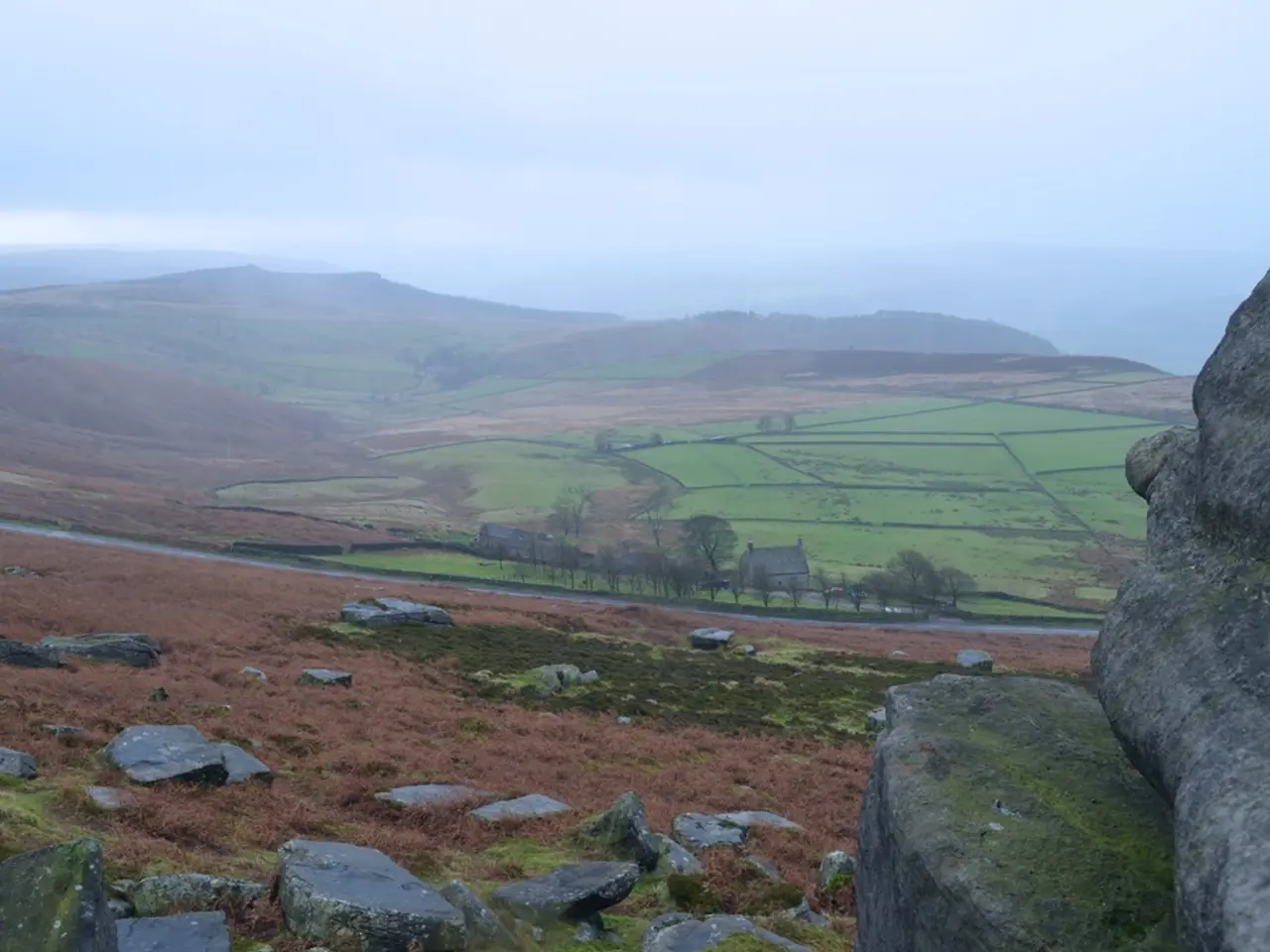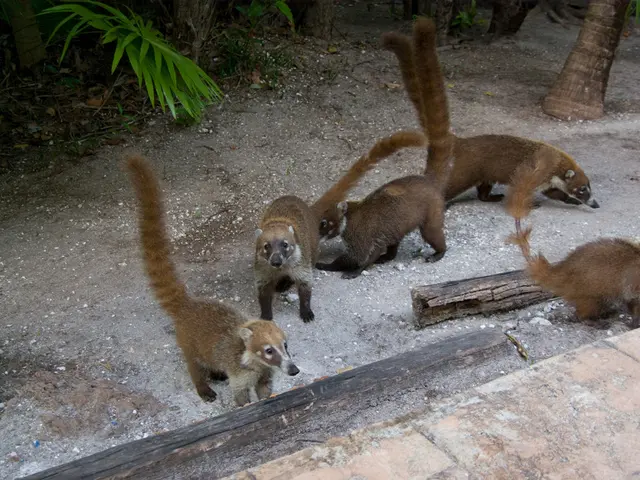UNESCO Declares Spiti Valley India's First Cold Desert Biosphere Reserve
Spiti Valley in Himachal Pradesh, India, has been recognized as the country's first Cold Desert Biosphere Reserve by UNESCO under its Man and the Biosphere (MAB) Programme. This prestigious honour was officially announced in June 2009, highlighting the unique ecological value and biodiversity of this high-altitude desert region.
Spanning over 7,770 sq km, the reserve encompasses the entire Spiti Valley and parts of the Lahul and Pangi valleys. It is meticulously divided into a core zone (2,665 sq km), a buffer zone (3,977 sq km), and a transition zone (1,128 sq km) to ensure the protection of its rich flora and fauna. The reserve is home to 655 herbs, 41 shrubs, 17 tree species, and a diverse range of wildlife including snow leopards, Tibetan wolves, and Himalayan ibex.
The reserve also integrates iconic protected areas like Pin Valley National Park, Kibber Wildlife Sanctuary, Chandratal Wetland, and Sarchu Plains. About 12,000 inhabitants live in remote villages, practicing agro-pastoral traditions and sustaining the ancient Sowa Rigpa healing system. The state government is committed to protecting and conserving Himachal Pradesh's natural and cultural heritage, with Spiti's recognition being a testament to decades of conservation efforts in one of the planet's harshest ecosystems.
With this recognition, Spiti Valley joins India's 12 other biosphere reserves in UNESCO's World Network of Biosphere Reserves, protecting nearly five per cent of the planet's surface. This honour may open doors for international research collaborations and encourage responsible eco-tourism, fostering sustainable development and conservation measures in the region.








